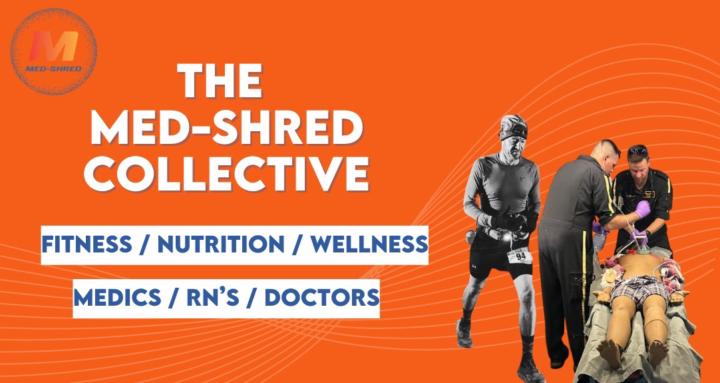Aug 26 • Nutrition
Daily Nutrition Tip ⚡ Magnesium
Up to 50% of people in the U.S. don’t get enough magnesium in their diet—and healthcare shift workers are at even higher risk because of stress, poor sleep, and irregular eating habits.
Why magnesium matters:
- Supports muscle & nerve function
- Plays a key role in energy production
- Helps regulate sleep quality
- Supports heart health & blood pressure
Signs of deficiency can include:
- Muscle cramps or spasms
- Fatigue
- Trouble sleeping
- Headaches
- Increased stress or irritability
How to get more magnesium:
- Eat foods like leafy greens, almonds, pumpkin seeds, black beans, and dark chocolate 🍫
- Consider a supplement if your diet falls short (always check with your provider first).
Magnesium is one of those “quiet” nutrients—easy to overlook, but powerful when optimized.
1
4 comments
powered by

skool.com/the-healthy-healthcare-workers-5589
Helping nurses, medics, and healthcare pros get fit, fueled, and energized -- no matter the shift.
Suggested communities
Powered by
